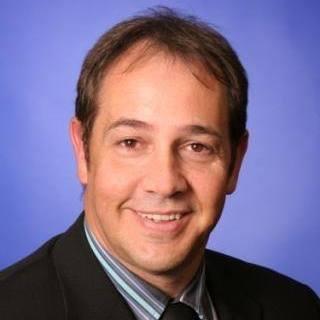The symptoms of ADD/ADHD seem to be caused by unusual neurological functions within the brain. The real underlying physiological causes are not clearly understood. However,
there’s a lot of research being done today.
One of the major controversies surrounding both types of ADD is the use of medication to treat the symptoms. The primary medications used are called psychostimulants and the most common drug used today is called Ritalin. Since there is less activity in the frontal lobe, these stimulants are used to increase activity. This action causes the glucose balance in the frontal lobe to increase.
This increased stimulation improves the connection to memory, increases concentration and focus and limits impulsivity. 70 to 80% of individuals have significant improvement with
medication. The problem is that all of the medications currently being used involve side effects.
The most extreme side effects of the medication include: feeling light-headed, nausea, tics, tremors, eating disturbances, sleep disturbances, increased blood pressure, liver dysfunction and seizures. There are also considerable psychological side effects on the child being on long-term medication. These cause social problems which are not solved by the medication and often create the need for effective psychotherapy in adulthood. Drugs are still the most common treatment for all ADD and seem to reduce symptoms of the disorder. Most additional experts regard these stimulants as safe. The most common side effects of stomach aches, loss of appetite, nervousness, and insomnia are usually dealt with by other medications. Drug therapy can slow a child’s rate of growth temporarily, but growth usually returns to normal during adolescence. Low doses of stimulants do not cause a high sensation, sedate the child or cause addiction. Experts often recommend that children take medication only during school, with medication breaks on weekends and holidays to reduce unwanted side effects.
Critics argue that physicians medicate too many children who do not really have ADD. They point out that allergies, depression, anxiety, conflicts with teachers or parents, and other problems can make normal children seem hyperactive, impulsive and distracted. The school system leaves little room for individuality. Many children have specific learning styles incompatible with schools.
Most ADD children require several different kinds of therapy. Psychological counselling, for instance, can help them recognize and deal with negative feelings that result from their symptoms. Social skills training can help them recognize how their behaviour affects other people and help them develop more appropriate behaviour. Children with ADD also may benefit from special academic tutors who show them how to break school assignments down into small parts that can be completed one at a time.
Hypnotherapy can help to develop self-esteem, social skill training, and self-management skills.
Because children with ADD often cause family turmoil, parents and other family members may benefit from therapy or support groups in which other parents share their experiences.
Parents skills training can teach parents to manage a child's behaviour with praise and other rewards, and with penalties such as “timeouts” in which a child must sit alone to calm down. Children as young as third-grade can develop self-management skills through group interaction, games and self-hypnosis training. The Clinique; hypnothérapie et de relation; aide has a program to teach children the skills necessary to manage their ADD.
To Read Part One Click here
To Read Part Three Click Here
When choosing a hypnotherapist, it is important to be sure that he or she is qualified. Pierre Benoit, CHt, RCCH, is a member of the Association of Registered Clinical Hypnotherapists of Canada (ARCH) and can be reached at (514)675-4457.



